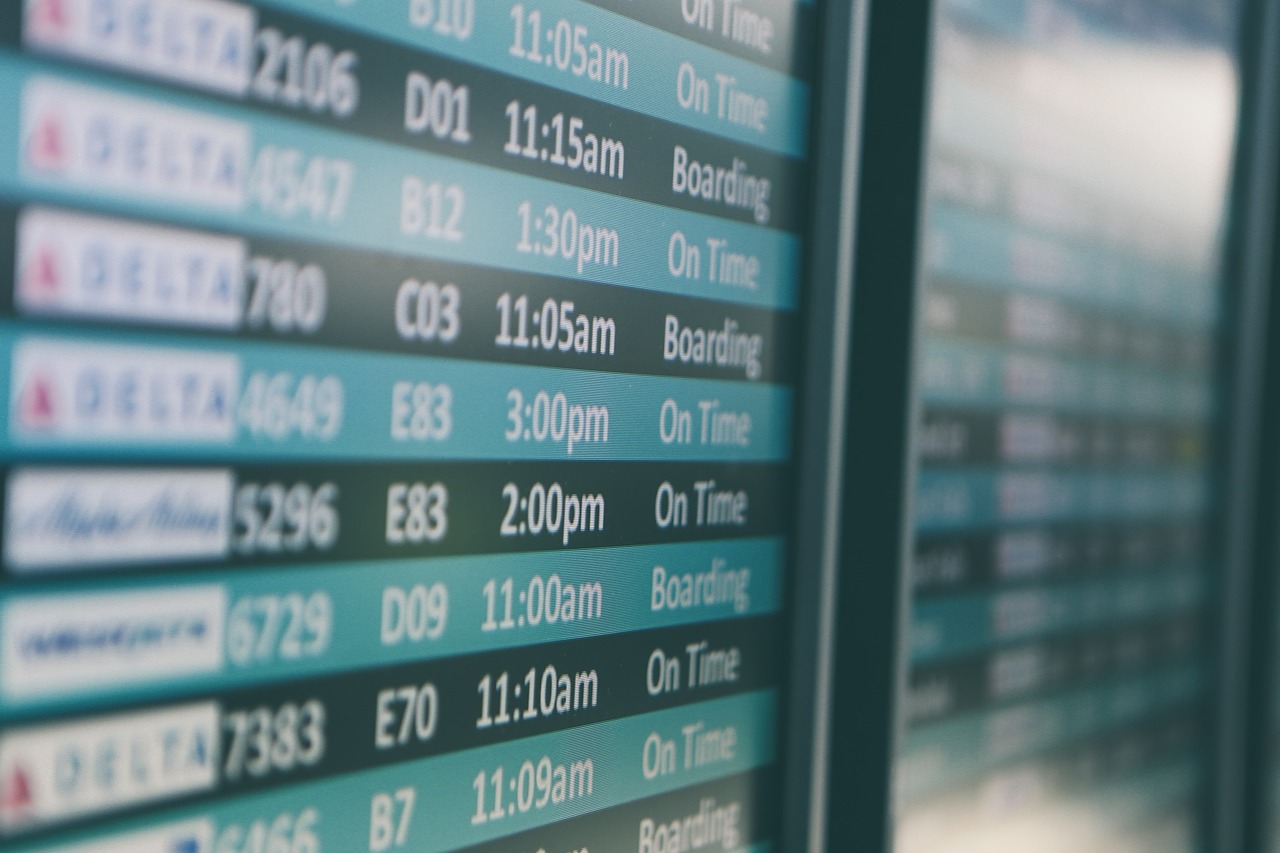Have you heard about the REAL ID Act? Maybe you did at one point but forgot. That would be understandable considering it was passed by Congress a dozen years ago. Passed post-9/11, the REAL ID Act “established minimum security standards for state-issued driver’s licenses and identification cards and prohibits Federal agencies from accepting for official purposes licenses and identification cards from states that do not meet these standards,” according to a FAQ posted on the Homeland Security website.
Air travel is not the only thing affected by this change.
“The purposes covered by the Act are: accessing Federal facilities, entering nuclear power plants, and, no sooner than 2016, boarding federally regulated commercial aircraft,” according to information on www.dhs.gov.
Starting January 22, 2018, if you have a driver’s license or state ID that isn’t in compliance with the REAL ID Act (and if your state hasn’t been granted an extension by DHS), your ID may not be used to fly within the United States (you can still use a passport and some other forms of ID. The list is here.) And starting Oct. 1, 2020, every traveler will need a REAL ID-compliant license or state ID in order to fly domestically.
So far, “approximately 90 percent of all U.S. drivers hold licenses from jurisdictions (1) determined to meet the Act’s standards; or (2) that have received extensions. Individuals holding driver’s licenses or identification cards from these jurisdiction may continue to use them as before,” according to information found on dhs.gov.
Not sure about your state’s status? You can check to see if it’s REAL ID compliant by visiting this site.
As of March 1, 2017, five states were not in compliance. These include:
- Washington state
- Montana
- Minnesota
- Missouri
- Maine
After the federal act was passed, a few legislatures passed laws banning the state from complying, including Maine and South Carolina.
“Critics have cast REAL ID as the federal government’s attempt to create a national identification card and have said the law is too invasive, too costly and will require too much red tape, according to a website put together by the American Civil Liberties Union, www.realnightmare.org.
The ACLU also worries that the ‘law would facilitate the tracking of data on individuals and bring government into the very center of every citizen’s life,’” according to a story in the Springfield News-Leader titled “What’s the Missouri legislature doing about REAL ID?”
South Carolina recently reversed course, passing a bill in early March that allows South Carolinians to obtain a driver’s license that is in compliance with federal regulations.
“Looming deadlines affecting residents’ ability to work and travel mattered more than old arguments about federal overreach,” according to this Associated Press story.
There’s a section of an FAQ on the Homeland Security website that is dedicated to dispelling rumors around the new standards, like “The Department of Homeland Security is trying to build a national database of all of our information.”
According to the site, that isn’t true:
“REAL ID is a national set of standards, not a national identification card. REAL ID does not create a federal database of driver license information. Each jurisdiction continues to issue its own unique license, maintains its own records, and controls who gets access to those records and under what circumstances. The purpose of REAL ID is to make our identity documents more consistent and secure.”
Another rumor, that you’ll need a passport to fly domestically, isn’t exactly true either:
“Until January 2018, if traveling by air, residents from ANY state are still able to use a driver’s license, or any of the various other forms of identification accepted by the Transportation Security Administration (Passport or Passport Card, Global Entry cards, U.S. military IDs, airline or airport-issued IDs, federally recognized, and tribal-issued photo IDs. See the full list on the TSA website.)
- Effective January 22, 2018, if you have a driver’s license or identification card issued by a state that does not meet the requirements of the REAL ID Act, unless that state has been granted an extension, you must present an alternative form of identification acceptable to TSA in order to board a commercial domestic flight.
- Starting October 1, 2020, every air traveler will need a REAL ID-compliant license, or another acceptable form of identification, for domestic air travel.”
As these deadlines get closer, expect to read more about this in the news.
Is your business covered for a data breach?
Image: Pixabay

